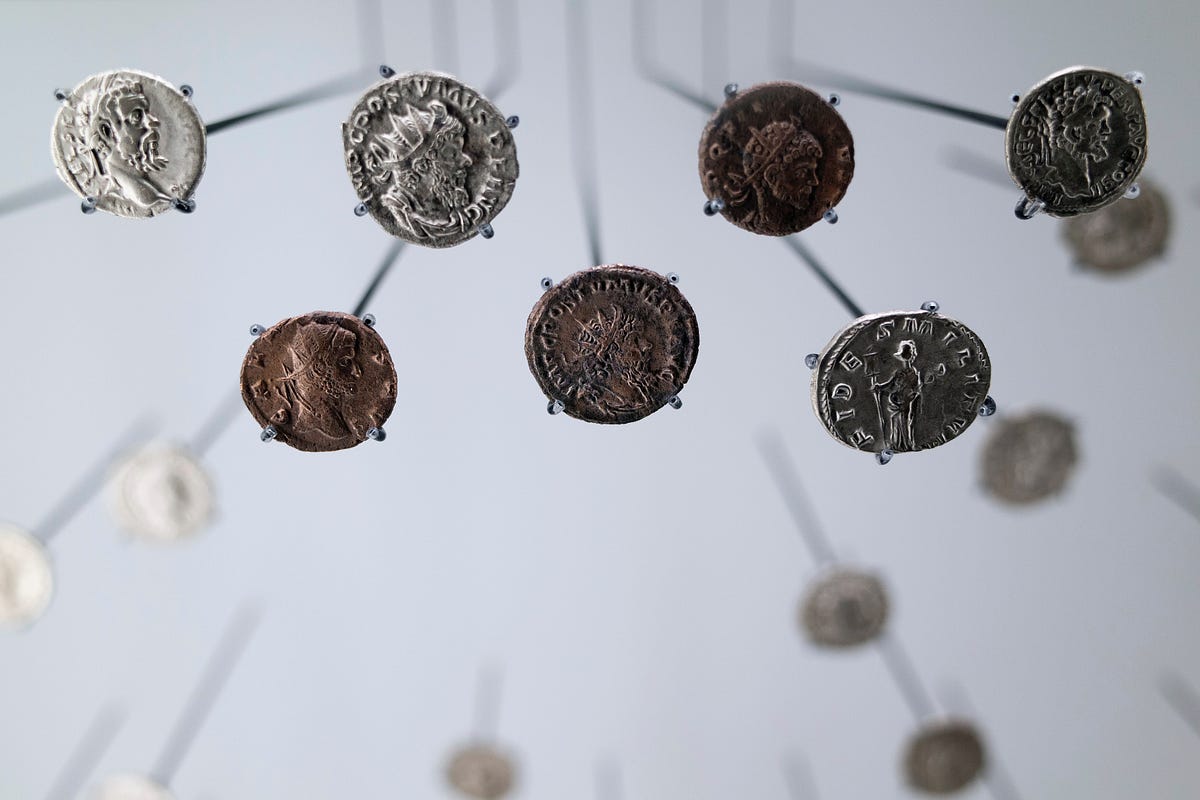The Evolution of Currency: From Salt to Crypto
A (very) brief history of currency
It’s difficult for any single person or family to meet all their own needs and it’s more productive to divide up labour and give tasks to whoever does them best. People have always solved that problem through trade.
But different goods and services require different amounts of time, materials, and effort.
In theory, they can barter. Someone builds a home for another person, who supplies them with meat for two weeks. But what happens when the home builder wants meat, but no one needs a new home? Or if there’s a storm and suddenly many people want new homes, but the builder doesn’t need that much meat?
We need a shared system for transferring intangible value between people.
Enter currency. At some point, people realised exchange made their lives better, they just needed a more efficient system. This was especially important as trade links built between cities and countries.
Early currencies were commodities
But although commodities were better than bartering, they were still tricky to divide and pass between people. A cow is fine as payment, until you just want to purchase something small, or the other person doesn’t want it. It’s also tricky to transport, can get sick or die suddenly, and will suffer from being passed around too much. Plus, you need to feed it and somewhere to keep it.


Hence the need for currency: a transportable, divisible, interchangeable, trusted system for exchanging value.
Disparate stores of value in different parts of the world gradually converged towards coins: discs of metal, with gold, silver, and copper being popular choices to this day. Precious metal coins are scarce, not too bulky to transport, available in a range of denominations, and have a defined value.
Still, precious metals are a pain to carry around (especially for larger transactions) and can be stolen. So we gradually moved towards currency that represents a certain amount of precious metal, then currency that isn’t valuable in itself but is trusted as a medium of exchange and store of value.
